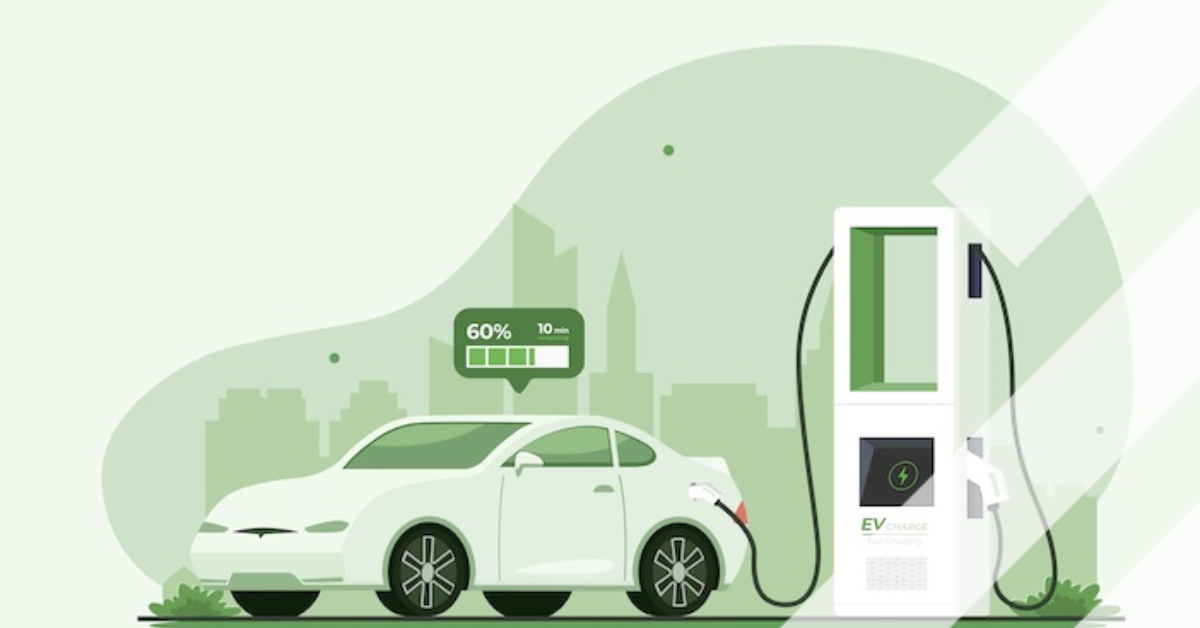Loading component...
Parking and de-confinement: a new look to reinvent public space
The confinement, which led to a sharp drop in traffic, was an opportunity for communities to act on parking, to promote the mobility of nursing staff, to expand the space devoted to active modes, to allow a space for 'waiting in front of shops, by dematerialising payments.
Cerema, a French state-owned public establishment, operator of the ministry, urgently produced a document to enlighten local authorities on innovative experiences in adapting parking space and on the parking regulations put in place, to promote the application of health rules while optimising the services offered to residents. This was based on an inventory of the practices observed in terms of parking during confinement as well as elements of the method.
In France, the containment measures have led to an unprecedented drop in all trips, and an unprecedented decline in motor vehicle traffic. Freed from the car, the French thus rediscovered their neighbourhoods in a new, more peaceful light. Air quality has improved, de facto reducing pollution-related deaths and illnesses.
Once this period is over, the need to respect barrier gestures and physical distancing could considerably change the relationship with others and have an impact on the behaviour of users in public space, at work or in the private sphere. The use of public transport modes will remain disrupted for an indefinite period. The Ministry of Ecological and Solidarity Transition and Cerema therefore encourage taking advantage of this period to strongly develop the practice of cycling as well as walking as means of transport for their daily commute.
27 October: Join our next webinar with Cerema, Flowbird and PARK NOW
Want to know more about how Cerema introduced a parking document to help authorities redefine their parking policies? Learn about the lessons so far? Peggy Mertiny of Cerema will be part of our next webinar on October 27 as well as Thierry Brusseaux of Flowbird and Esther van der Meer of PARK NOW.
These incentives for more sustainable mobility are now sometimes hampered by the extension of free access measures introduced at the time of confinement, in the name of economic and tourist reasons. Equally paradoxically, the individual use of the car represents a considerable health advantage over public transport, which raises fears of a major shift to individual vehicles.
The challenge of de-confinement, in the short term, is therefore to understand a parking policy capable of reconciling the resumption of economic life with more sustainable mobility, in a context where the virus continues to circulate.
In this area, parking policies have an eminent role to play and can serve the objectives that the territories will set for themselves.
Today, the sectors dedicated to parking can be mobilised quickly and in an original way, because they offer an immediately useful space, whether it is to encourage the practice of active modes, maintain access to local shops and their delivery, to public facilities, schools, or reinventing new cultural spaces. Beyond that, there is the question of the sustainability of the experiments carried out during this period. Are they intended to constitute an atypical parenthesis brought to a close? Or are they intended to outline the possible futures of travel and public space planning policies?
Containment and emergency measures: a great national outpouring of solidarity ... and free access
Solidarity with caregivers during the lockdown found expression in the parking lot. In La Rochelle, Narbonne and many other towns with hospital centres, certain car parks have been reserved free of charge for nursing staff from the start of confinement.
Dematerialisation: a fundamental transformation to adapt to the "next world"
More generally, all those involved in parking have been able to adapt to the new health rules to prevent the spread of the virus, and be ready for de-confinement, like the guide produced by the National Federation of Parking Trades (FNMS). This also requires the use of modern techniques linked to new technologies.
An unprecedented opportunity to analyse the pressure of residential parking
Beyond these gestures of solidarity and pragmatism in the face of the immediate emergency, this period made it possible to draw up observations and identify the spaces where forced residential parking is concentrated and to assess their importance on the site.
Transform public space to offer peaceful circulation and meet the demands of long-term de-confinement.
The paradigm shift engendered by COVID-19 and the reflections on tomorrow's mobility have opened the way to new opportunities for transforming roads and, in doing so, parking spaces. Thus, regulation, sharing and redevelopment will be all the better accepted if they allow a coherent transition, while maintaining the gains observed during confinement (improvement of air quality, return of nature to the city, etc.).
A lever to be mobilised with discernment
The approach to parking light vehicles must therefore be carried out with discernment, depending on the desired ends. Thus, the health risk can lead, at least temporarily, to a “backward” modal shift in favour of the car. It therefore appears important that the parking policies implemented in the regions continue their commitment to the benefit of more sustainable mobility policies.
Parking is likely to evolve today
More broadly, recent events linked to the Coronavirus are leading the authorities organising mobility and those in charge of parking, to accelerate their collaboration and their transition. Becoming resilient to the virus will lead to the organisation of multimodal parking offers guaranteeing the health safety of its users.
Mobility as a Service, offering passenger and ticketing information, should encourage communities to think about the parking services and offers to promote through their policies of mobility, sharing of public space and sustainable development. Montpellier, for example, already incorporates multimodal pricing which includes on-street parking and parking, the first step towards a more comprehensive pricing policy.
A space of innovation without limit, or almost...
We must also consider the "capable surface" of the parking space, because it allows for an infinite variety of uses. It also makes it possible to respond to a new requirement of the law of December 24, 2019 on the orientation of mobility, which requires before 2026 the neutralisation of places upstream of pedestrian crossings. And since the car hates a vacuum, arranging these spaces - whether or not temporarily - makes it possible to meet the challenges of this period of de-confinement, while remaining reversible.
These experiments have shown that we have to be daring, even in the form of urban acupuncture or reversible developments, in order to change attitudes and permanently change our outlook on parking spaces. We can bet that the world after can find the means to initiate a more virtuous ecological transition and that parking policies can contribute to it, in all their diversity.
Editorial staff Peggy MERTINY, Director of Parking Studies at Cerema
with the participation of Gérôme CHARRIER, Jean-Luc REYNAUD, Laurent CHEVEREAU, Cerema DTTV, Céline AVRIL, Emmanuel PERRIN, Cerema Dter Center-Est, Patrick PALMIER, Mathieu RABAUD Cerema Dter Hauts-de-France, Sylvain MICHELON Cerema Dter Méditerranée, Carine FLAHAUT Cerema Dter South-West; Olivier ASSELIN Leader of the AITF Parking work group, Ellie DHALLUIN Parking Policy Officer at the European Metropolis of Lille, Karen MOUNIER Director of Parking in the city of La Rochelle Clément BILLET Head of the Travel Department at the Mobility Department of Grand Besançon Métropole, Samuel MARTINEZ Head of the Management and Mobility Department at the Public Space Department of the city of Narbonne, François JULIEN Parking engineer at the Mobilities Management Networks Department of Toulouse Métropole Luc DUPONT Parking expert at IPS.
Read the entire French article here


